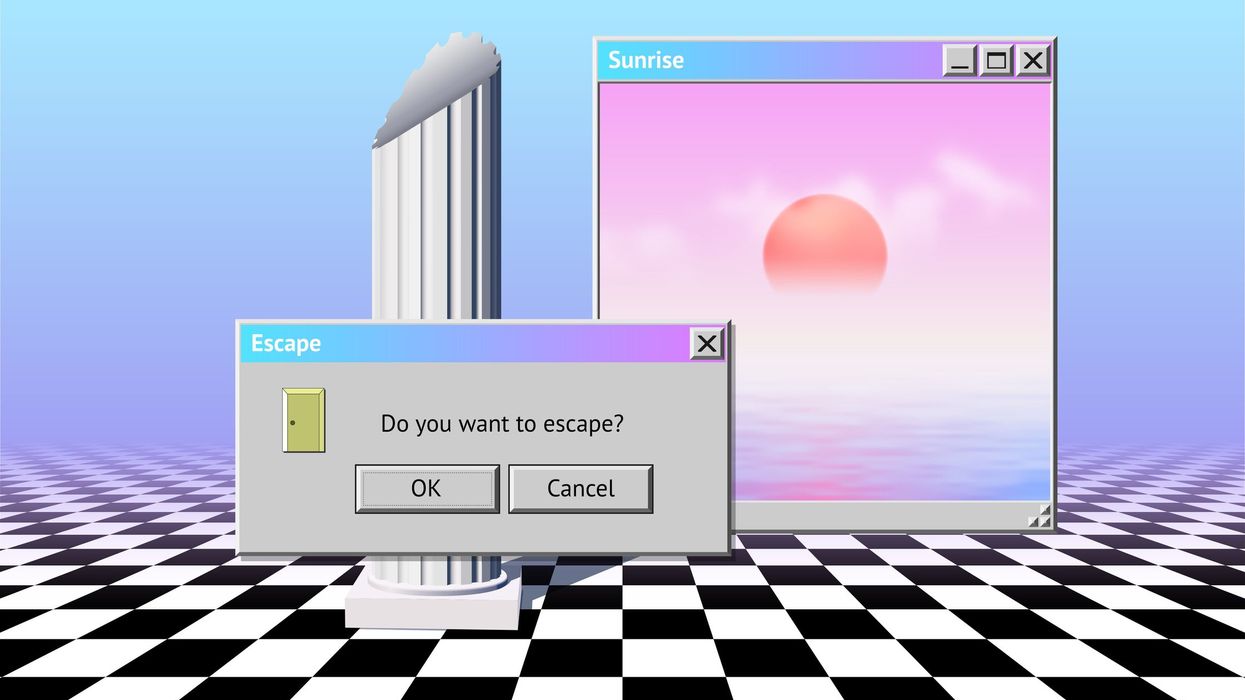Revisit the classic internet before Google ruined it

These days, the web is a painful place. Click on any random link, and chances are you’ll be taken to a bloated page full of pop-ups, prompts, disclaimers, and intrusive ads. If the page has any useful content at all, you’ll likely have to wade through a swamp of annoyances to extract it. But even more likely, the random web page you’ve clicked will be full of thin, useless content. Or even worse, the text was written by ChatGPT and not even skimmed by a human before publication.
Things didn’t used to be this way. Back in the halcyon days of the 1990s and early 2000s, the web was a weird and wonderful place. Web pages were created by hobbyists who wanted to share their interests with the world. They didn’t care about search engine optimization or marketing funnels. You honestly had to surf the web to find what was out there.
Long before Google hit the scene and conquered the open web, almost everything on the internet was word of mouth. Search engines existed, but they were essentially useless. Instead, you had to dig through a web directory to find a site you liked and then visit the sites they linked to. It was almost 100% human-curated, even before someone had thought of that term. A single page might cover a multitude of topics, and they were littered with all sorts of low-resolution buttons for various causes.
Back then, the web was weird, wild, often bewildering, and very much human. Then along came Google and Web 2.0, and slowly, over time, websites became clean, minimalist, topically focused, and sterile. What had been a wild frontier morphed into a suburban shopping mall, and now it feels like a rundown shopping mall in the bad part of town.
Unfortunately, that weird and wild frontier web is long gone. Or is it?
Search the old web with Wiby
If you want a little taste of that old-time internet, head over to wiby.me. Wiby is a search engine dedicated to preserving and resurfacing the original web. As Wiby’s creators explain:
In the early days of the web, pages were made primarily by hobbyists, academics, and computer savvy people about subjects they were personally interested in. Later on, the web became saturated with commercial pages that overcrowded everything else. All the personalized websites are hidden among a pile of commercial pages. Google isn't great at finding them, its focus is on finding answers to technical questions, and it works well; but finding things you didn't know you wanted to know, which was the real joy of web surfing, no longer happens. In addition, many pages today are created using bloated scripts that add slick cosmetic features in order to mask the lack of content available on them. Those pages contribute to the blandness of today's web.
The Wiby search engine is building a web of pages as it was in the earlier days of the internet. In addition, Wiby helps vintage computers to continue browsing the web, as pages indexed are more suitable for their performance.
Wiby is a search engine, but it won’t replace Google for your everyday searches. It indexes only a very small number of classic websites, and the results may not be what you expect. But that’s not really what Wiby is for.
Don’t know what to search for on Wiby? Click “surprise me ...” and you’ll be taken to another weird and wonderful destination, like:
With Wiby, you feel as though you’re truly surfing the web again, and you can easily kill an afternoon clicking through random sites. It’s a reminder that the internet doesn’t have to be a bland, sterile place chock full of bloated pop-ups and marketing copy. There is still very much a human internet out there. You just have to escape the safe confines of Google to see it.
If you enjoy what Wiby is doing to preserve the classic web, consider giving them a donation to help cover their costs.
Source link

